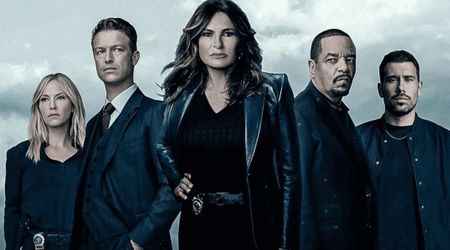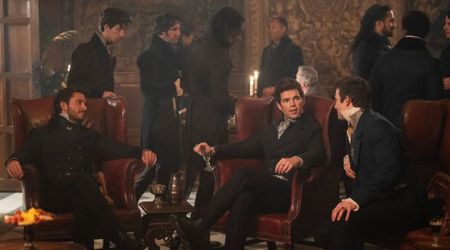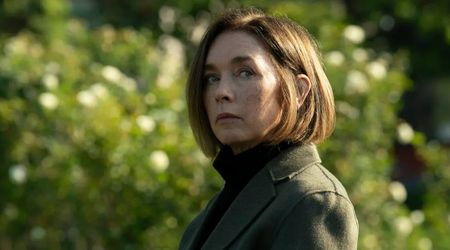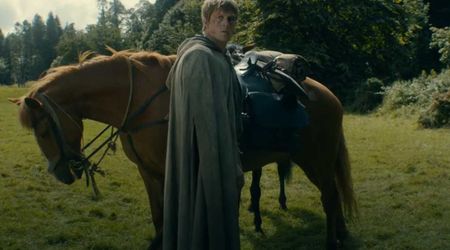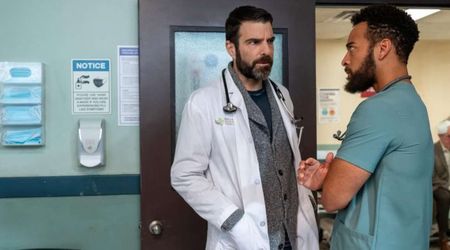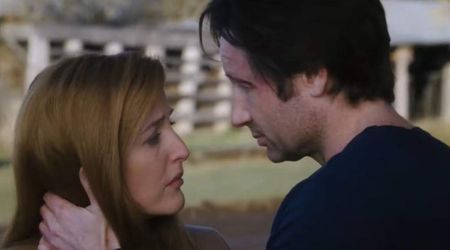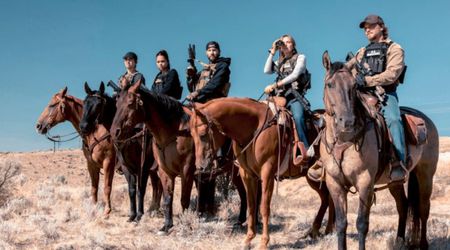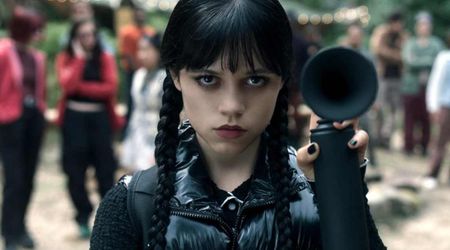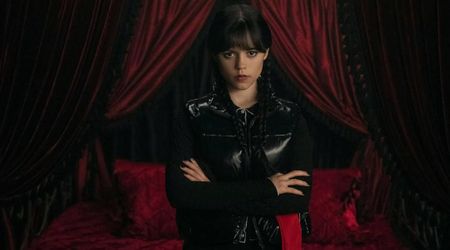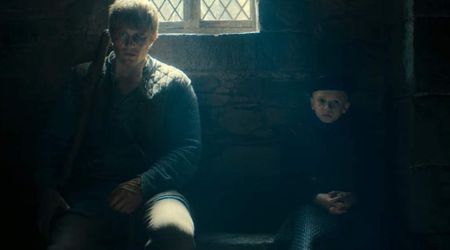'The Surgeon's Cut' Episode 2: Who is Dr Alfredo Quinones-Hinojosa? How a farmworker went from 'harvest to Harvard'

Spoilers for 'The Surgeon's Cut'
'Sacred Brain' is an episode dedicated to Dr Alfredo Quinones-Hinojosa, a neurosurgeon who was "literally" born at the end of a railroad and is now in one of the best hospitals in the world as Mayo Clinic's, professor of neurosurgery. Dr Alfredo reveals that he used to play a game called "faraway" where the objective was to go as far away as possible and now he operates on brains which he says is an "unexplored frontier" that we understand so little off - "I am connected to my roots," he said, "seeing things that no one else has seen," the objective of the game.
The audience is quickly taken to Jacksonville, Florida where Dr Alfredo who had once not known what a brain surgeon was, is preparing to perform a second surgery on a man named Robert Hawkins who has a very large recurrent brain tumor. Dr Alfredo revealed that his specialty is to operate on all imaginable brain tumors, which he thinks is an amazing gift. His interactions with his patients reveal how humble Dr Alfredo is, from his confidence and attitude to his patient's dependence on him, the neurosurgery field hit a jackpot with this one. Dr Alfredo finds it a blessing that his patients allow him to use "his hands to navigate their brains, and use his brains to defeat their disease."
The challenge with Robert's surgery was that Dr Alfredo had to take out as much of the tumor as possible without damaging his patient's brain. He also has Robert awake so that he can see how he's doing and how he's being affected by what Dr Alfredo is doing to his brain. How did Dr Alfredo come to be who he was? Here's what he explains in his own words - full of faith in a world that he didn't allow to let him down. 'Sacred Brain' is rich in its metaphors as Dr Alfredo takes us on two journeys - his own from Mexico and that of Roberts, whose life is in his doctor's hands.

Calling all the sounds merging together in an operating room as a "beautiful orchestra," Dr Alfredo reveals that he lets it penetrate him which stimulates the limbic system that is driven by "smells, memories and things that happened in your childhood." Dr Alfredo was born in a small town outside of Mexicali, Mexico where there was a clear "physical barrier" between the United States of America and his country. "I grew up in the shadow of this barrier," revealed Dr Alfredo who had left Mexico at the age of 19. Now, thirty-three years later he takes us back to the place where he left saying that the "area remains hanging in time."
Audiences are shown the foundation of his once childhood home - the porch, where his punching bag was, the bedroom for four and a little shower. He reveals that his mother along with him built a walkway to the path to their home, "like houses in America." Dr Alfredo speaks of how he has memories of the times that the family was hungry because they couldn't make ends meet but, "we had love, hope, and a roof," he said. The talented neurosurgeon revealed that his imagination and the scientist in him was born when he would lay on the roof looking up at stars with his family wondering how to navigate the universe. Along with this, and his "extraordinary ability" to move around obstacles.
Dr Alfredo jumped the border fence twice, something he practiced doing since he was 14. He was caught the first time and sent back, but safely made it past on the second. He takes the audience to both the areas at which he jumped - a wonderful representation of how far Dr Alfredo has come since his childhood. The fence, he explained is symbolic to him, an obstacle to overcome. "It's never has been a challenge to stay humble, because I am an immigrant in this country," he said.
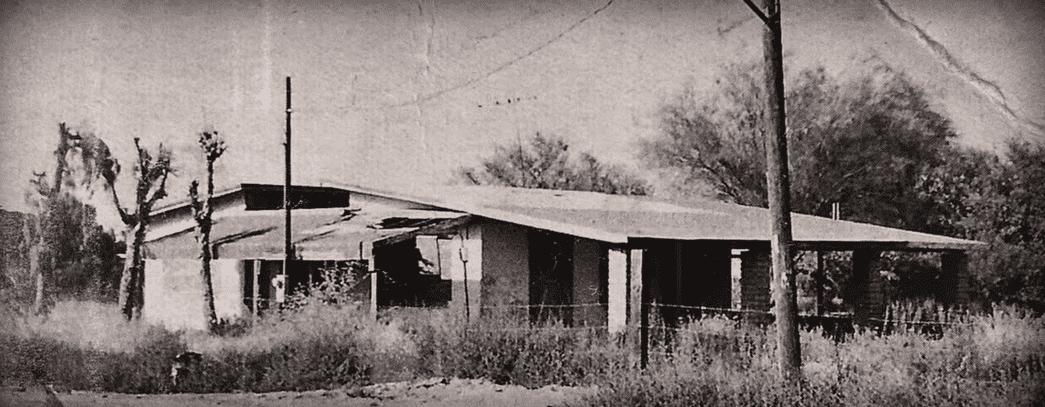
Dr Alfredo considered the brain the most beautiful organ that can be attacked by a "monster" such as Roberts. The neurosurgeon revealed that being afraid was his greatest strength not because it turns him "into the most aggressive lion you can possibly imagine at that precise moment." While Robert's surgery went well, Dr Alfredo's challenge was to navigate and test the parameters of the tumor to distinguish the healthy parts of the brain from the parts that weren't. He had to make sure to not remove any healthy brain tissue that could leave his patient paralyzed or unable to speak or understand among many other consequences.
"Tumors are like supernatural killers," said Dr Alfredo, "it's like disconnecting a land mine." This six-hour case saw Robert wake up to his very much relieved wife. "The brain wasn't meant to be opened, it's not natural what we do. It's us defying nature. Opening the skull is sacred, then cutting through the dura, the delicate membrane that is like the final gateway into a secret temple. These are magical things that I don't take for granted, that connects me back to Mexican roots as a little boy," said Dr Alfredo. He explained that in his childhood, going to church existed alongside the day of the dead celebrations of his indigenous ancestors, "It gave me the belief in magic, miracles and the unknown."
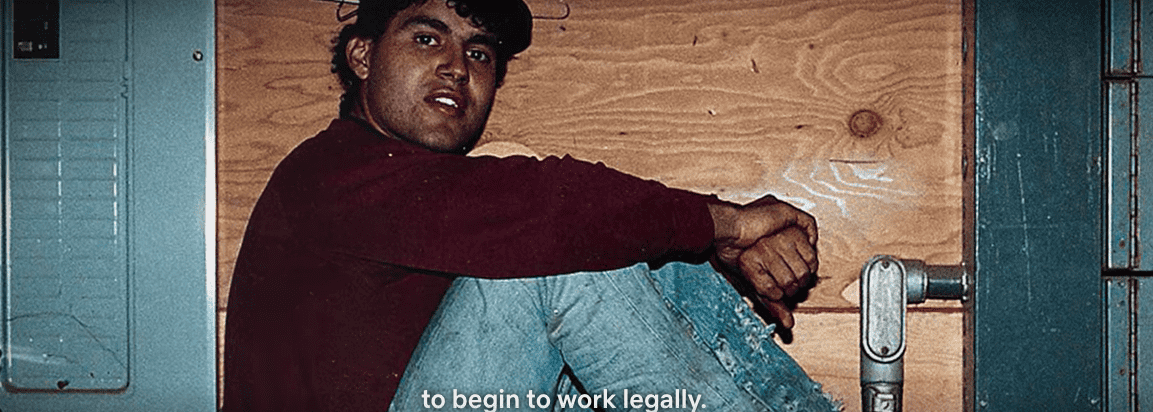
Dr Alfredo also speaks about how his grandfather, Tata Juan would take his "worst behaved" grandchild to the mountains near Mexicalli and engage him to take the paths that no one had taken before. When his grandfather died, Dr Alfredo revealed that it was a calling to him to "explore the world and places that are challenging." When he first came to the United States, Dr Alfredo was a migrant farmworker and had no documents, he explains how he remembers being homeless, having a small camper and pulling weeds from the field where cotton was being processed. While he looks back at those days, he says he remembers with mixed emotions as he reveals to us a childhood story. He had told his cousin that he had wanted to go back to school to learn English to which his cousin replied to him telling him that working as a migrant farmworker was going to be his future. Admitting that his cousin's words felt like a dagger to his heart, he said that on that day he didn't only leave the fields but also made a conscientious decision that he was going to move forward.
Dr Alfredo got a job as a cleaner at a railroad company, then became a welder and then a supervisor as he simultaneously studied English at night school. During that time, there were legislations that allowed migrant farmworkers to work legally in the United States and by the time he made it to Harvard, he was close to having all his paperwork in place to become an American citizen. "I went from harvest to Harvard in less than 7 years. 33 years later I come back and realize that 'faraway' has always been inside me," he said.
'The Surgeon's Cut' is now available to stream on Netflix.

